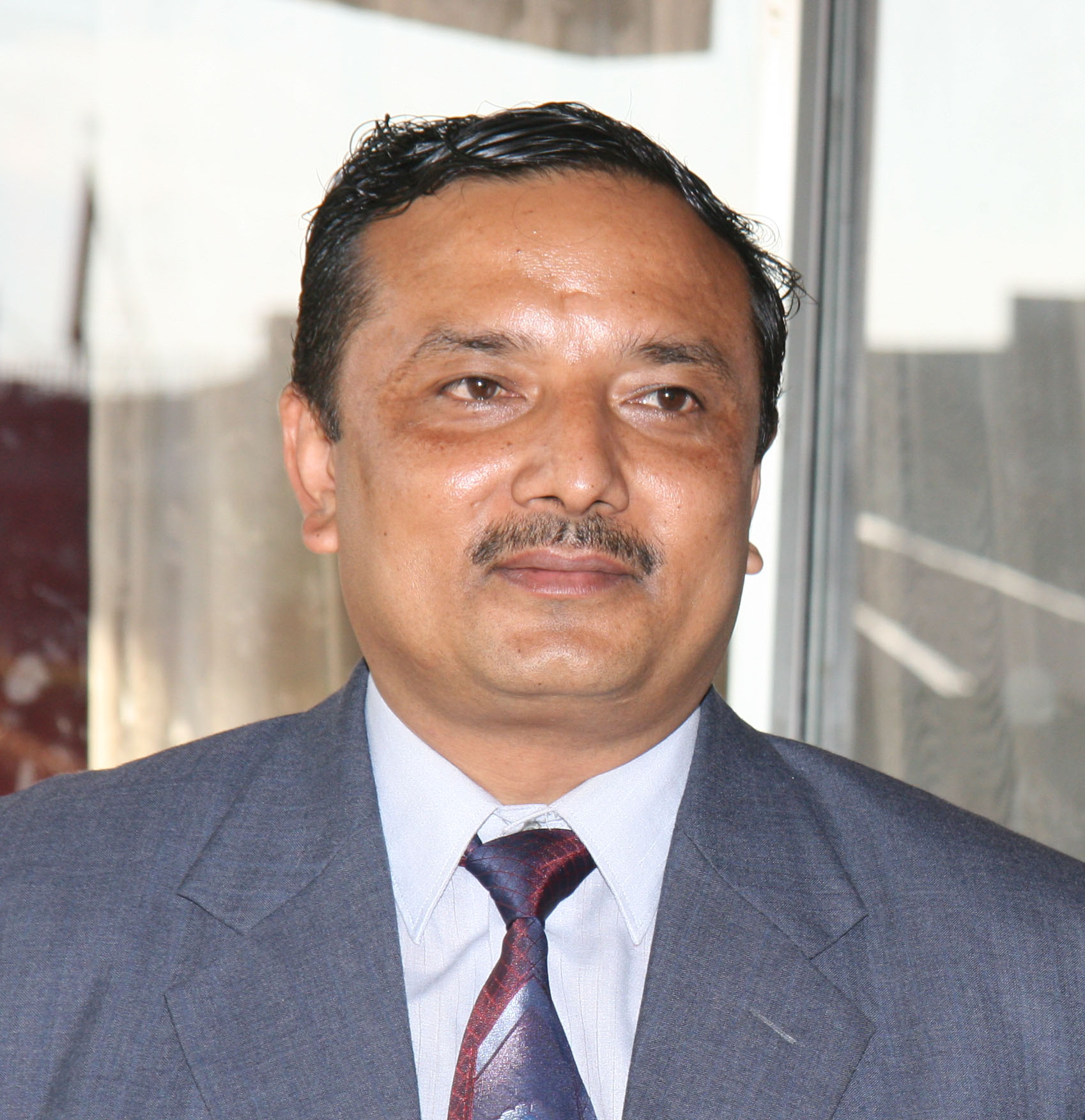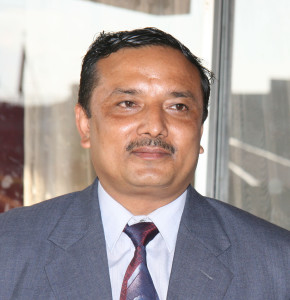A leading Nepali doctor is helping to combat a life threatening condition later this month when he broadcasts globally as part of World Encephalitis Day (WED) on 22 February.
Professor Ajit Rayamajhi, Professor of Paediatrics, National Academy of Medical Sciences in Kathmandu, is leading a worldwide internet seminar with the aim of educating the world on the devastating brain syndrome Encephalitis to ensure those affected get speedy diagnosis and treatment.
The web broadcast by Professor Rayamajhi will help ensure that clinicians around the world recognise symptoms and so improve early diagnosis and treatment, particularly of Japanese Encephalitis.
He said “Japanese Encephalitis is a condition affecting over 50,000 people each year across, India, south-east Asia and the Pacific. It has high mortality rates, and leaves those who survive often with severe disabilities. “
Professor Ravamajhi continued “World Encephalitis Day will help raise awareness of what is a preventable condition, either through vaccine or by taking environmental precautions. In the long-term we hope this will save lives and reduce the number of families left devastated by the condition.”
Encephalitis is inflammation of the brain, and each year it is estimated 500,000 people globally – more than half the population of Kathmandu – are stuck down by a condition that most people have not heard of. Depending on the type of Encephalitis between 10% and 30% of those contracting it may die. Survivors can find their lives devastated, suffering from physical, cognitive, emotional, behavioural and social problems as a result of Encephalitis.
There’s not one singular cause of the disease and something as simple as common infections or a person’s own immune system could lead to the inflammation of the brain. The organisers of WED, The Encephalitis Society, hope next month’s event will raise awareness and help fund vital research into the disease.
The charity’s Chief Executive, Dr Ava Easton, commented “We want to raise awareness about Encephalitis amongst medical professionals and the general public across the world. Recognition of the condition and diagnosis has to be improved – we need to save lives and reduce the horrendous long-term consequences of the condition.”
“World Encephalitis Day is just one step towards achieving awareness and helping us to fund extremely important research.”
The Nepal webinar will be complemented by others from the continents of Europe, Africa, North America and Australasia. Each will focus on a different form of Encephalitis and can be seen atwww.worldencephalitisday.org .
ENCEPHALITIS
Encephalitis is caused either by an infection invading the brain (infectious); or through the immune system attacking the brain in error (post-infectious / autoimmune Encephalitis).
The condition is indiscriminate, striking adults and children alike, showing no respect for age, gender, ethnic origin or culture. Mortality rates are high and in those who survive many are left with an acquired brain injury, the degree and severity of which will vary. Their difficulties may include cognitive, physical, emotional, behavioural, or psychosocial consequences.
The Encephalitis Society was founded in 1994, is a registered charity and the only resource of its kind in the world providing direct support and evidence-based information to people affected by Encephalitis.
SYMPTOMS
The types of symptoms seen in Encephalitis reflect the specific areas of the brain affected by the inflammation. The range of symptoms and their rate of development vary widely and can make the diagnosis of Encephalitis difficult.
Infectious Encephalitis frequently begins with a ‘flu-like illness or headache. Typically more serious symptoms follow hours to days later. The most serious finding is an alteration in level of consciousness. This can range from mild confusion or drowsiness, to loss of consciousness and coma. Autoimmune Encephalitides can present with psychosis-type behaviours and may be mistaken for psychiatric patients.
Other symptoms include a high temperature, seizures (fits), aversion to bright lights, inability to speak or control movement, sensory changes, neck stiffness, or uncharacteristic behaviour.
Some people may also experience hallucinations and vivid nightmares during the acute period of the Encephalitis. These can be very distressing for the person concerned and the family who may witness their distress. This phase usually ceases as the inflammation and swelling of the brain subsides.









